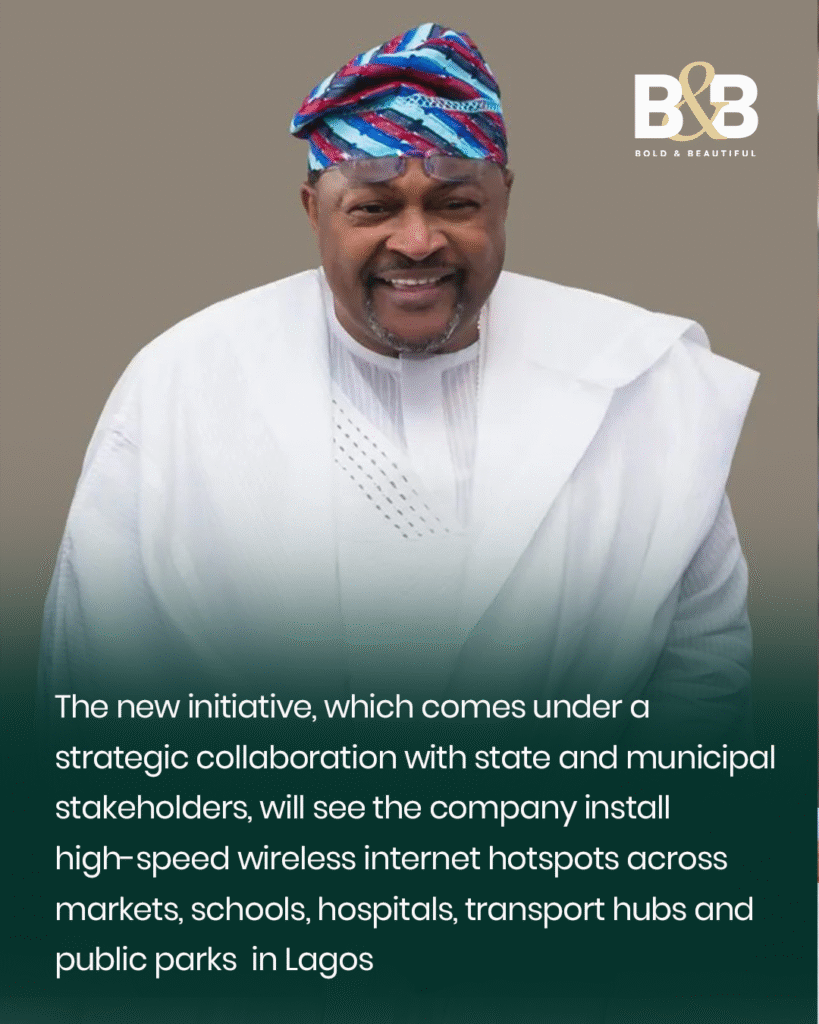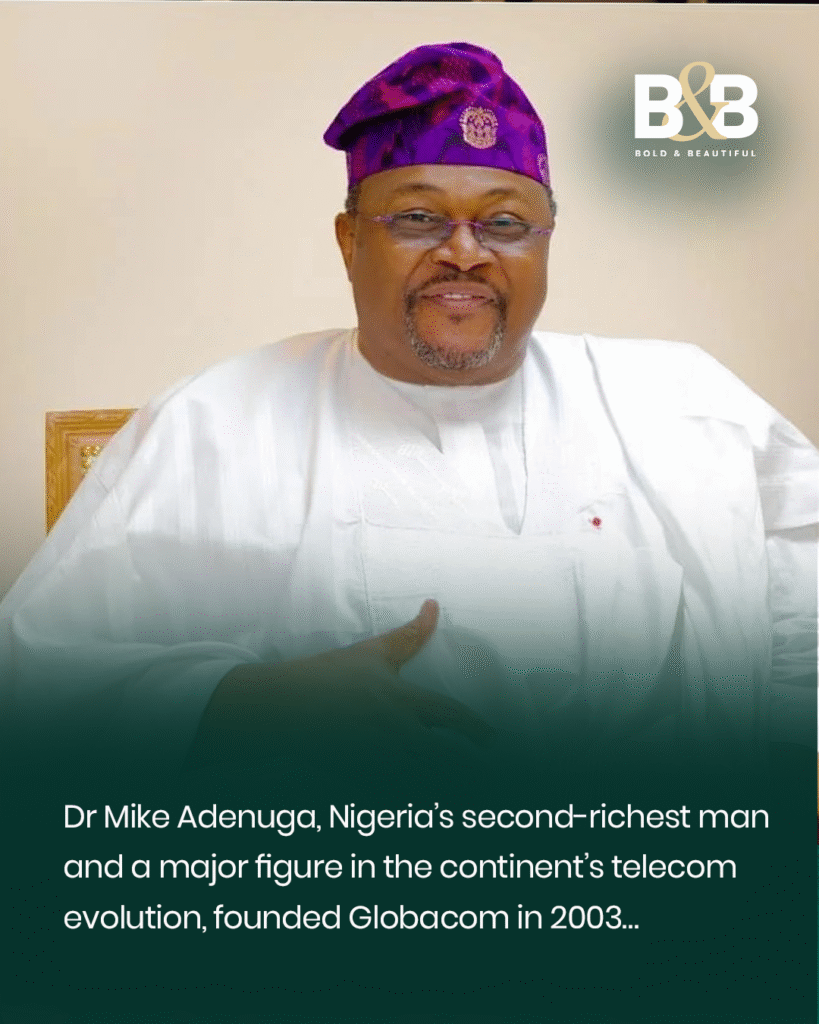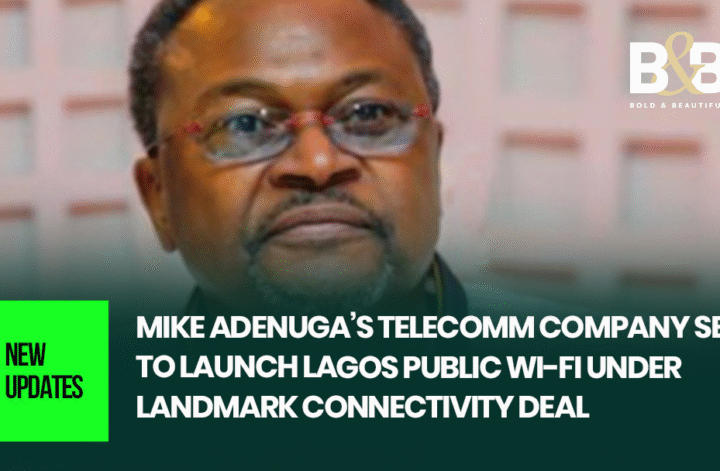Nigerian telecommunications giant Globacom, owned by billionaire businessman Dr Mike Adenuga, is set to roll out a citywide public Wi-Fi service in Lagos as part of a bold move to expand digital access and close the connectivity gap across Africa’s most populous city.

The new initiative, which comes under a strategic collaboration with state and municipal stakeholders, will see Globacom install high-speed wireless internet hotspots across key locations in Lagos. Markets, schools, hospitals, transport hubs and public parks will be among the first beneficiaries of the phased deployment.

With the pilot already in motion, this project positions Globacom as the first Nigerian-owned telecom provider to introduce public Wi-Fi at this scale. The rollout reflects the company’s renewed focus on inclusive digital infrastructure, especially as more Nigerians rely on mobile data for work, education, trade and communication.
“Connectivity is no longer a luxury. It is a right,” said a senior Globacom executive familiar with the plan. “This project is our contribution to a more digitally equal society. We are building bridges where there were barriers.”
Dr Mike Adenuga, Nigeria’s second-richest man and a major figure in the continent’s telecom evolution, founded Globacom in 2003. The company rapidly distinguished itself with innovative offerings like per-second billing and affordable data services, becoming a household name across Nigeria and West Africa.
With over 61 million subscribers, Globacom has remained fiercely independent in an industry dominated by multinational operators. This latest investment in public Wi-Fi reaffirms its commitment to national development and technology democratisation.
Experts say the Lagos public Wi-Fi project could transform the city’s digital economy by supporting remote work, youth innovation, tech start-ups and small businesses. For many urban residents who rely on mobile data but face high costs, free public Wi-Fi could be the key to unlocking new opportunities.
“This is not just about internet access,” noted digital inclusion advocate Adeola Ajayi. “It’s about giving young people a fighting chance in today’s economy.”
As cities across Africa race to modernise, Globacom’s move in Lagos may spark wider interest in public-private partnerships for urban tech infrastructure. For Adenuga, known for his understated style and strategic boldness, the initiative is both a business decision and a legacy-building act.





